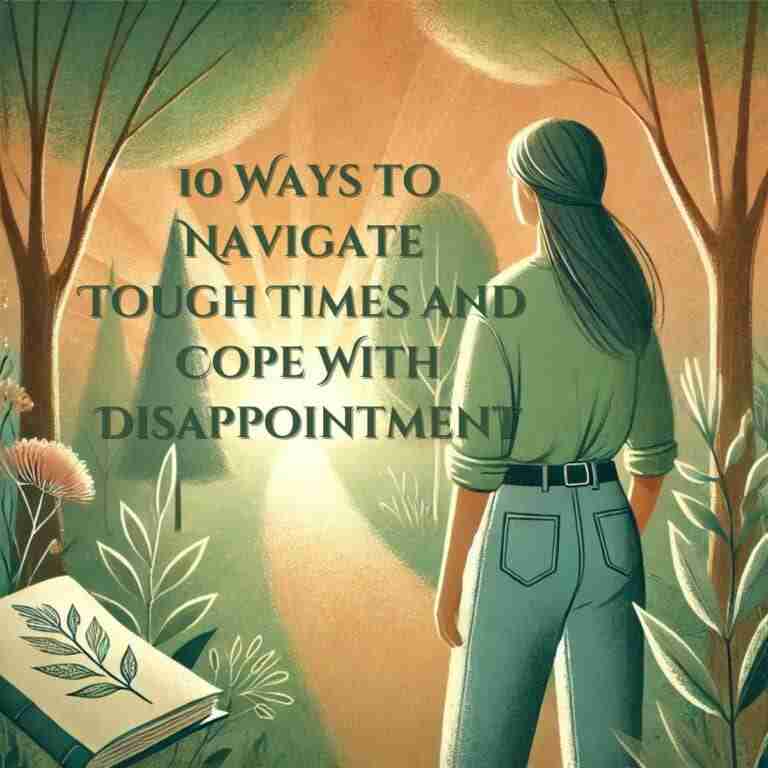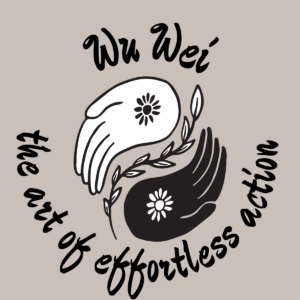During tough times, hope may elude us. Resilience can seem like a fantasy, and getting through the day can seem like an insurmountable challenge.
When we experience disappointment, betrayal, or heartbreak, living through the present moment takes more energy than usual and may feel impossible. When we have mental health challenges, it becomes trickier.
We may be tempted to focus only on a positive mindset and ignore unpleasant emotions.
However, that can harm our mental and physical health.
Finding ways to feel our emotions and nurture a flicker of hope moves us along the path toward resilience. Life goes on, even when we struggle to participate.
Many of us have times when existing becomes arduous, and we’re stumbling around feeling shocked, bewildered, numb, lost, anxious, and more. Sometimes we can’t make sense of all the things that have happened.
In the midst of life changing events, one’s nervous system may feel overwhelmed, especially if we no longer have a sense of safety.
Seeking emotional support from a mental health professional to help process a traumatic event, and deal with disappointment and other challenging feelings can help. However, a licensed therapist isn’t always available.
10 Things You Can Do Right Now to Help Get Through Tough Times
Survival becomes the focus, and even that may seem impossible. Life can narrow down to existing in the present moment.
I am familiar with functioning in survival mode, going through the motions, and struggling with self-care.
My negative experiences, including complex childhood trauma, have taught me how to not only handle disappointment, grief, fear, pain, and other negative feelings but also how to rise like a phoenix again and again, albeit slowly.
I’ve discovered 10 tools that can help one’s emotional well-being and cultivate glimmers of hope.
1. Focus on The Next Step
Just that one step. Then focus on the next. Break everything into small steps.
Brush your teeth. Shower. Get dressed. Breathe. Take the next step.
One small step at a time is more manageable than trying to do a lot at once.

2. Find at Least One Thing That Brings You Wonder, Hope, Happiness, Laughter, Etc. Every Single Day
The iridescence on soap bubbles, a tiny wild strawberry hidden in the grass, trees wearing riots of color in the fall, a child’s laughter, a hug from a loved one—all of these and more can connect us.
Let them remind you that there is still beauty, joy, and love, even if it’s fleeting.
Even amid the worst trauma, I could find at least one thing like this each day. It saved me.

3. Spend Time in Nature
Put your phone away. Observe everything closely.
Examine the myriad shades of color in a wildflower, the patterns in tree bark, the minnows darting around the edges of a tan inky swamp, water bugs skating on a creek, and more.
Nature is full of beauty and wonder.
Start a nature journal; you’ll see more than you imagined as you sketch, paint, or color a plant, landscape, or bird.
You may also breathe better and release some stress. Spending time in nature is soothing and healing.

4. Journal During Tough Times
Write unsent letters to those who upset you. Read them aloud. Shred them.
Write for 20 minutes, releasing your angriest (or most terrified, etc.) thoughts and feelings.
Tear it up or otherwise release it. Scream, cry, do whatever you need to as you let go of it.
Write a stream-of-consciousness entry that spills everything onto the page for a set amount of time. Some do this each morning for three pages, following Julia Cameron’s morning pages method.
Record three or more highlights from each day. Have a pretty little journal you use just for this or record them in your calendar.
You can also write each highlight on a small piece of paper, fold it, and put it in a container. Then, when you’re having a tough time, you can pull out some highlights and re-read them.
However you choose to journal, use it to process how you feel and to find things to give you hope and/or a fleeting smile.
5. Breathe
Have a longer exhale than inhale. Try box breathing: inhale for four counts, hold for four, exhale for four, hold for four, and repeat.
Do four-seven-eight breathing: inhale through the nose for four counts, hold for seven, and exhale through the mouth for eight counts. Try other breathing exercises that work for you.

6. Guided Meditations, Binaural Beats, and Music Can Help
Try things like Insight Timer and noise-cancelling headphones a few times each day.
Listen to binaural beats while journaling.
Use fidgets while listening.
Play your favorite songs and sing along while you clean.
Get lyrics stuck in your head that give you a boost.
7. Take One Small Step Toward Your Dreams
Write 2,000 words for your novel. Read one article for your research.
Walk one block. Do yoga for 10 minutes. Bake one new recipe. Do whatever will best move you forward.
Hold tight to your aspirations, even if it’s become hard to believe they will happen.
Even the smallest step you can take moves you toward manifesting your dreams.
8. Find Some Way to Move
Take a quick walk. Run in place. Jump rope. Do yoga. Climb a tree. Lift weights. Vacuum a room.
Anything to get your body moving and blood flowing. Repeat.
Even short durations of movement each hour can contribute to improved mood, health, and more.
9. Create When You Are Going Through a Tough Time
Draw. Paint. Sew. Write. Compose. Crochet. Design. Cook.
Bring something new into being as much as you can.
Being creative helps with stress release, managing feelings, improves mental health, and breathes life into the world.
10. Do Something Kind Every Day
Send a message to a friend telling them what you love about them. Hold the door for strangers.
Compliment someone. Volunteer. Pick up trash. Bring cookies to your neighbor. Weed a garden. Nurture connection.
Be kind to yourself as well. Talk to yourself like you would a loved one. Eat healthy foods.
Follow the above suggestions or others that work best for you.
Try to hold on to a spark of hope. Even a spark can fan a flame that grows and ignites change. Be the hero(ine) you need. Embody love toward yourself and others.
How You Handle Tough Times Will Help You Process Negative Emotions
Community can help us get through challenging circumstances. A good friend can help you process your pain, frustration, and more, as well as provide perspective on the beauty, love, and virtue that still exist, even in the gloomiest of times.
You may need time to retreat and care of yourself amid overwhelming sadness and grief. Be gentle with your heart.
In pain, we all make poor choices. Dust yourself off. Choose a healthy way to release emotions. Try again. And again. Mistakes, errors, poor judgments—these are all—often painful, part of life.
When I feel disappointed, angry, grieving, and betrayed, I’ve learned that an inevitable part of getting through tough times is for me to collapse, cocoon, and cry for a bit. I withdraw from life temporarily to cope.
However, I can use my anger, fear, etc., to galvanize me to look toward the future and see what I can do to transform it. That requires survival and the will to endure, first. But it does not mean I must accept or resign myself to a dreaded outcome.
If I can manage to take the first step toward the future, I would like to see, I can cause a small change in our co-created reality.
If others join me, we can help change the future to one where inclusion, compassion, kindness, healing, and love are honored.





























0 Comments